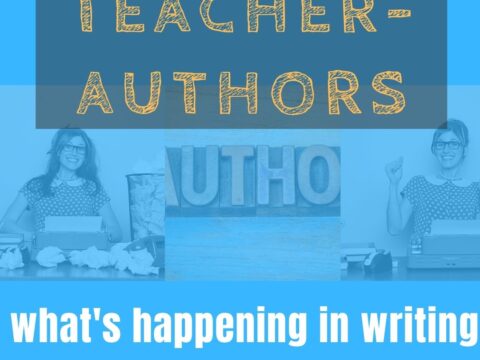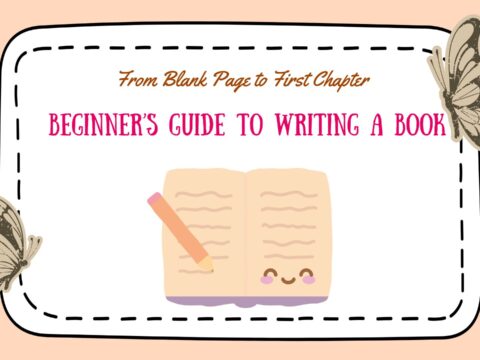A lot of teacher-authors read my WordDreams blog. In this monthly column, I share the most popular post from the past month here on my education blog, Ask a Tech Teacher.
***
7 Writing Hacks
Though published for authors, these tips are well-suited for writing classes and teacher-authors:
 Writing is hard. And satisfying. And an opportunity for the long-sought-after huzzah moment. The harder something is, the more gratifying and the greater sense of achievement it gives.
Writing is hard. And satisfying. And an opportunity for the long-sought-after huzzah moment. The harder something is, the more gratifying and the greater sense of achievement it gives.
If you find writing unduly challenging, try some of these simple hacks I’ve tried. Some were time-wasters but others were exactly what I needed:
Believe in yourself
This is fundamental. Believe in your writing ability. It doesn’t matter if no one else does. Lots of writers go through that. Find your voice and your core and keep writing.
Consider reading research, not a break
What a boon for those of us who love reading! Writers must find out about their topic and explore their genre by devouring related books. This isn’t wasting time. It’s part of being a writer.
Write in the active voice. “I was going…” might sound like your internal monologue but it’s boring. “I sprinted…” is much better.
Too often, we write in the passive voice to make our writing less judgmental or absolute. Resist that urge. Readers want you to be sure and put them there with you.
Unless you write dark or dystopian fiction, avoid negatives. Search your ms for “not” and “n’t” and change them to the positive of the word. For example: “I didn’t listen” can be reworded as “I ignored”.
Readers often read to escape, find a better world, join someone who can actually solve their problems. If you pepper your writing with ‘not’ and ‘n’t’, readers will subconsciously feel that negativity.
Run your ms through a grammar/spell checker before letting anyone see it.
Too many writers think its OK to have grammar/spelling errors because an editor will fix it for them. The problem is, your critique partners and beta readers get annoyed/tired/disgusted with poor grammar and will think less of the story.
If the novel is too short, add detail.
There are suggested word counts for genres. If you’re below yours, fix it by adding detail. Find where you mentioned something narratively and add detail or a scene about the room or the character’s feelings or the memory.
When you’re “showing-not-telling”, add a scene that ‘shows’ the action.
This is an easy fix that lots of people avoid. Sharing an event in scene–showing it–puts the reader right in the middle of the action. It will make it more interesting and add length to your ms (if you need that).
Here’s the sign-up link if the image above doesn’t work:
https://forms.aweber.com/form/87/838503387.htm.
Jacqui Murray is the author of the popular Man vs. Nature saga, the Rowe-Delamagente thrillers, and the acclaimed Building a Midshipman, the story of her daughter’s journey from high school to United States Naval Academy. She is also the author/editor of over a hundred books on integrating tech into education, adjunct professor of technology in education, blog webmaster, an Amazon Vine Voice, and a freelance journalist on tech ed topics. Look for her next prehistoric fiction, Natural Selection, Spring 2022





































